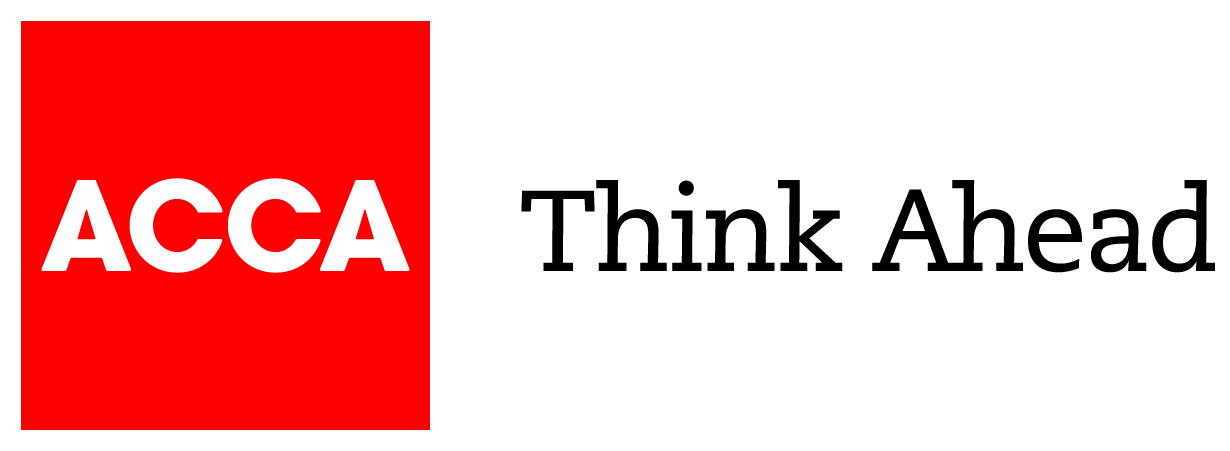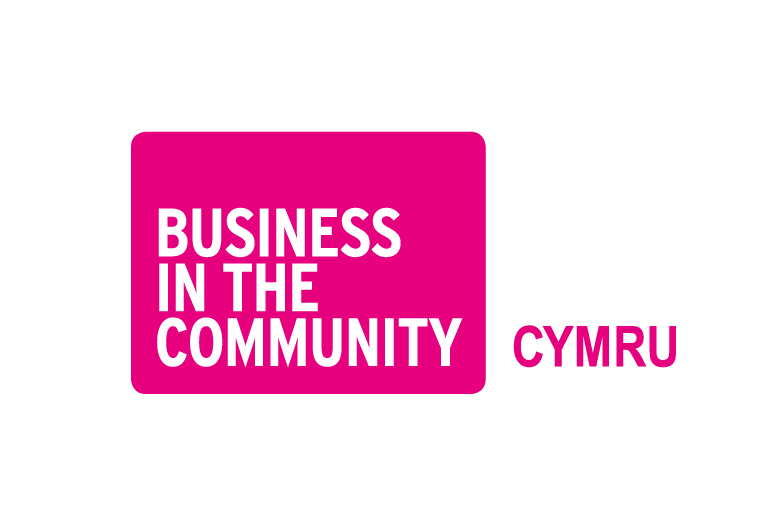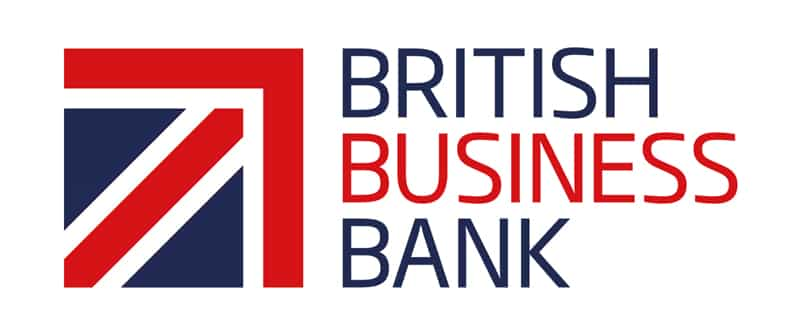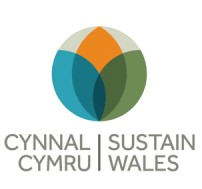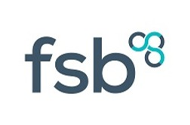
How can a shift away from a linear to a circular economy approach help SMEs to save money and reduce their carbon footprints?
Dr Gary Walpole, director of the Circular Economy Innovation Communities (CEIC) Project at Swansea and Cardiff Met Universities, outlines the support on offer to help businesses make the change as well as to identify potential funding.
Dr Walpole defines the linear economy as taking raw materials from the ground, making products, and then discarding them. The circular economy, on the other hand, is a model where materials are continuously reused and refurbished in a ‘loop’, meaning there is less demand on raw materials.
The dominance of a linear economy, with its demands on the Earth’s resources, is contributing to climate change, he says. And this has direct implications for businesses, says Dr Walpole. For example in some parts of the USA businesses now cannot get insurance against natural disasters such as fire and flood because these are becoming so much more common.
Developing a better understanding of the circular economy and how their business can move towards the model can benefit an SME in several ways. It can help them comply with new regulations due to come into force around waste management, as well as uncovering potential revenue streams and cost savings, says Dr Walpole.The CEIC project has already supported organisations to examine their processes and identify improvements. It has created regional collaborative innovation networks across public and third sector organisations. Some of the case studies can be found here.
CEIC has mapped Circular Economy resources for business to understand and develop their Circular Economy capabilities here.
Watch highlights from the CEIC conferences below:
CEIC Summer conference highlights and CEIC Spring Conference 2023 highlights
The project design, its impact and implications are outlined in a report commissioned by Innovate UK, ‘Innovation for a Circular Economy’.
About the Wales SME Climate Taskforce
The Wales SME Climate Taskforce is a collaboration which aims to help SMEs see climate action as a priority and a key part of resilience planning, and to signpost them to support which could help them to take action and to unlock the potential benefits.


